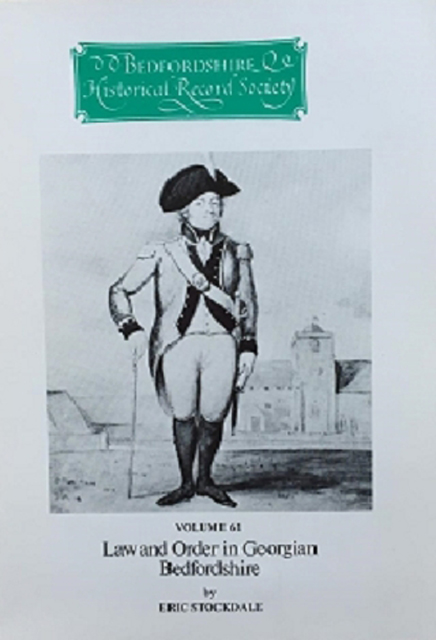III - An Appeal to Samuel Whitbread from the Hulks
Published online by Cambridge University Press: 03 August 2023
Summary
On 30 October 1809 Thomas Creevey, Samuel Whitbread’s Parliamentary friendand colleague, arrived at Southill to stay for a few days. On 4 November Creevey wrote in his journal: ‘We leave Whitbread’s for London, having spent a very happy time at Southill, and with a most firm conviction that Whitbread - though rough in manners — though entirely destitute of all taste or talent for conversation, and though apparently almost tyrannical in his deportment to his inferiors — is a man of the very strictest integrity, with the most generous, kind and feeling heart. In the next essay we shall be looking at some of Whitbread’s conduct as a militia colonel, conduct which might loosely be described as ‘almost tyrannical’, but for the present we shall be concerned with the characteristic which probably predominated throughout his career, “the most generous, kind and feeling heart’. In particular, we shall be looking at an appeal which was made to that heart shortly before Creevey’s visit.
Throughout his career as a politician Whitbread showed a concern for the underdog, whether the instant problem was one of low wages, lack of educational opportunities, or some other social problem. He even took up the cudgels on behalf of that oppressed wife, the Princess of Wales. Inevitably he was approached for help by different sufferers, including prisoners. Whitbread was interested in prisoners in the county jail, in those transferred to the hulks and in those transported to New South Wales. When Sir Samuel Romilly suggested that a national penitentiary should be built to replace the hulks, he was warmly supported by Whitbread.
On 18 July 1810 Joseph Boneham of Turvey wrote a farewell letter to his wife from ‘Indian, Spithead, bound for New South Wales’. The departing prisoner wrote, ‘I hope you will endeavour to see Mr. Whitbread and remind him of me.’
William Fennell wrote to Whitbread on 8 April 1811 informing him that he was aged 74, and had been on the Zealand hulk at Sheerness for four years — ever since the Bedford Assizes of March 1807. His story was that he had been found sleeping in an outhouse and had been fined a shilling by the court.
- Type
- Chapter
- Information
- Law and Order in Georgian Bedfordshire , pp. 71 - 80Publisher: Boydell & BrewerFirst published in: 2023

